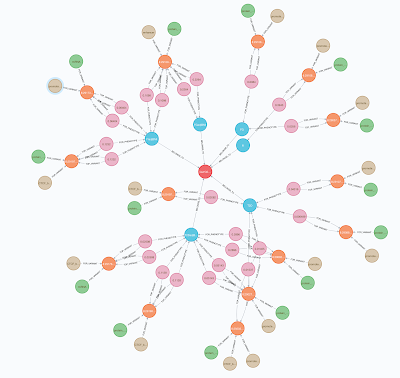Connect with the Knowledge Portal Network team at #ASHG19
Attending the American Society of Human Genetics Annual Meeting next week? We are too, and we look forward to connecting with you in multiple venues: Wednesday, October 16 Visit our booth (#131) in the exhibit hall from 10am-4:30pm Attend our Ancillary session: Translating Variant Associations to Functional Insights Using the Knowledge Portal Network 12:45-2:00 pm, Marriott Marquis Houston, Tanglewood room Jesse Engreitz and Jason Flannick will speak, with an introduction from Noël Burtt and followup from Maria Costanzo. Attend our presentation at the Broad genomics booth (#714) from 3-4pm Attend the talk by Lokendra Thakur, “Calculating principled gene priors for genetic association analysis.” 4:45-5pm, Room 317A, Level 3, Convention Center Thursday, October 17 Visit our booth (#131) in the exhibit hall from 10am-4:30pm Visit the poster (#1657/T) by Ben Alexander, “Systematic comparison of different evidence sources for predicting GWAS effector genes” from 2


